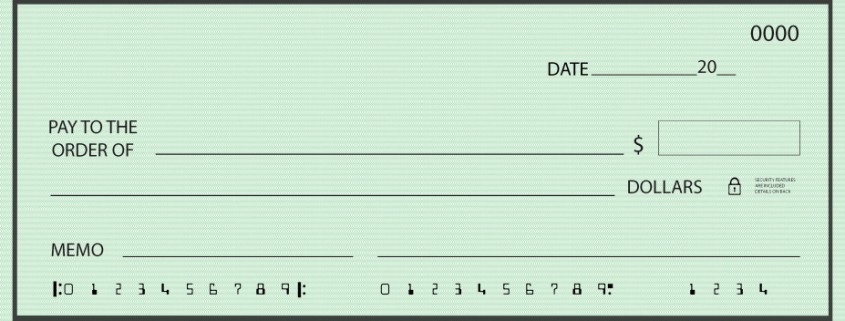Business Sale Price Pitfalls: Should you knowingly overpay for a business?
I remember growing up hearing from sellers the following sales pitch for why I should pay them top dollar. “You can get fresh oats for a fair price or you can get oats that have gone through the cow for a lot cheaper.” The other one I heard was “Quality remains long after price is forgotten.” After 20 years of being a business broker, I have heard every justification in the world for why this owner’s business is special and deserves a price at top market.
Buyers Protect Yourself with Due Diligence
The difficulty for a buyer is two fold. The asking prices are presupposing that the report sales and profit are applicable for this time frame, not the civil war. Ninety percent of the time the profit is a lie, which makes the asking price unimportant. For the remaining ten percent, where the profit and sales figures are accurate and based on the current month’s numbers, the profit level becomes critical.
If it is a small profit, and only affords the owner a low wage, it is stupid to pay too much just for a job. If the profit is substantial and more then the buyer needs, it might actually make sense to pay top dollar or even more.
The reason is that in this economic climate, the numbers of businesses making a desirable profit are so small that if you can find one of those “keepers” it is worth paying a premium to get it. If you over pay at least the business profit can support the extra cost and when all the loans are paid off the price will be forgotten. Of course, if you are lied to about the numbers, then any price you pay is too much.
The reason the sellers lie is because they know that if they told you the truth you would not buy the business at any price or at a price so low the seller figures he might as well just keep it.
Business Sale Price Pitfalls
So first make sure you have the business reviewed in and out and upside down. Put it through the audit from hell, and if it still looks good after that, you may have found a diamond. In those rare cases, consider paying what you must, in order to not let that good one, get away.
Due Diligence Defined: The phrase is composed of two words. Due, which the dictionary defines as “proper or adequate” and Diligence, which is defined as “Degree of care or caution expected of a person. Especially as a party to an agreement” Caution: is the watchword in this definition.
Creative Commons Attribution: Permission is granted to repost this article in its entirety with credit to Business Buying Services and a clickable link back to this page.
Image credit:Popartic iStock








Leave a Reply
Want to join the discussion?Feel free to contribute!